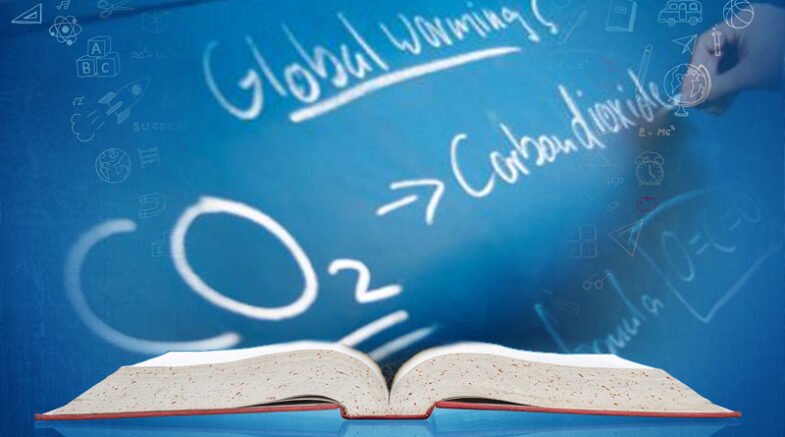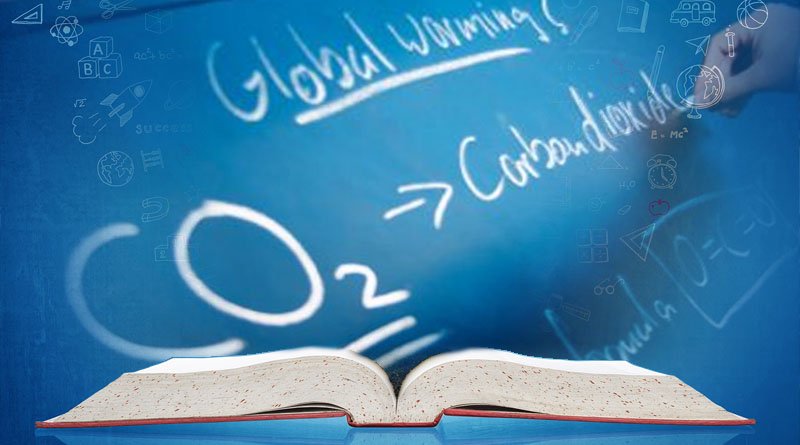The outgoing CEO of Europe’s largest port claimed that strict regulations on nitrogen emissions in the Netherlands are undermining efforts by the EU to combat climate change.

The outgoing CEO of Europe’s largest port claimed that strict regulations on nitrogen emissions in the Netherlands are undermining efforts by the EU to combat climate change.
In order to avoid “putting at risk” an estimated €10 billion in investments in green technology in Rotterdam, Allard Castelein urged Dutch politicians to find solutions to an emissions cap.
The initiatives, which include biofuel and green hydrogen production facilities, aim to cut annual carbon dioxide emissions by 10 million tonnes. However, a Dutch court decision has made it more challenging to obtain permits for nitrate and nitrogen oxide emissions during construction.
Given that the EU has committed to reducing emissions by 55% between 1990 and 2030, Castelein emphasises the need for long-term solutions to meet the 2030 climate target. Within the following few years, the manufacturing facilities must be operational.
After the coalition government disintegrated, Castelein emphasised the pressing need to find a solution for Prime Minister Mark Rutte’s caretaker government. Plans to reduce nitrogen levels by purchasing farmers and shutting down industrial facilities are not likely to be put into action until after the November elections, which sparked violent protests and resulted in the defeat of a coalition in the March provincial elections.
The Netherlands should take responsibility for the nitrates problem and reduce excess nitrogen in sensitive natural areas, says Castelein.
The country must reduce invasive species and safeguard native plants, according to the ruling, which was upheld by the supreme court in 2019. Farms have been bought by developers in order to close them down or cut emissions. To free up permits, the Rotterdam port has installed renewable electrical hubs to power ships while they are docked.
In Rotterdam, Shell and Neste have announced the construction of €1 billion hydrogen production plants and €1.9 billion biofuels units.
The port wants to build transportation pipelines and draw four more renewable hydrogen plants. Further investment is being halted by the current permits and offsets system, though.
Over 10% of EU freight is handled in Rotterdam, which also contributes €63 billion to the Dutch economy. Following the nitrogen crisis and coalition collapse, Castelein issues a warning to investors and foreign businesses regarding the Netherlands’ investment climate.
It had stable finances, predictable government, and openness. Once that reputation is ruined, it is very difficult to get it back. That is in jeopardy if these problems are not fixed.
But according to Castelein, Rotterdam will continue to be the largest port in the EU. Every situation we have seen indicates an increase in trade.
From 16 million 20-foot equivalent units annually, bulk fuels like LNG and hydrogen are predicted to increase container traffic by 50%. However, there is little evidence that businesses are shifting their production hubs from China to nations like Malaysia and Vietnam.
Inflation will be aided by the US and EU’s emphasis on strategic resilience and autonomy in green technologies. Increasing costs in the supply chain will be passed on to consumers as a result of supply diversification or favouring domestic production.
